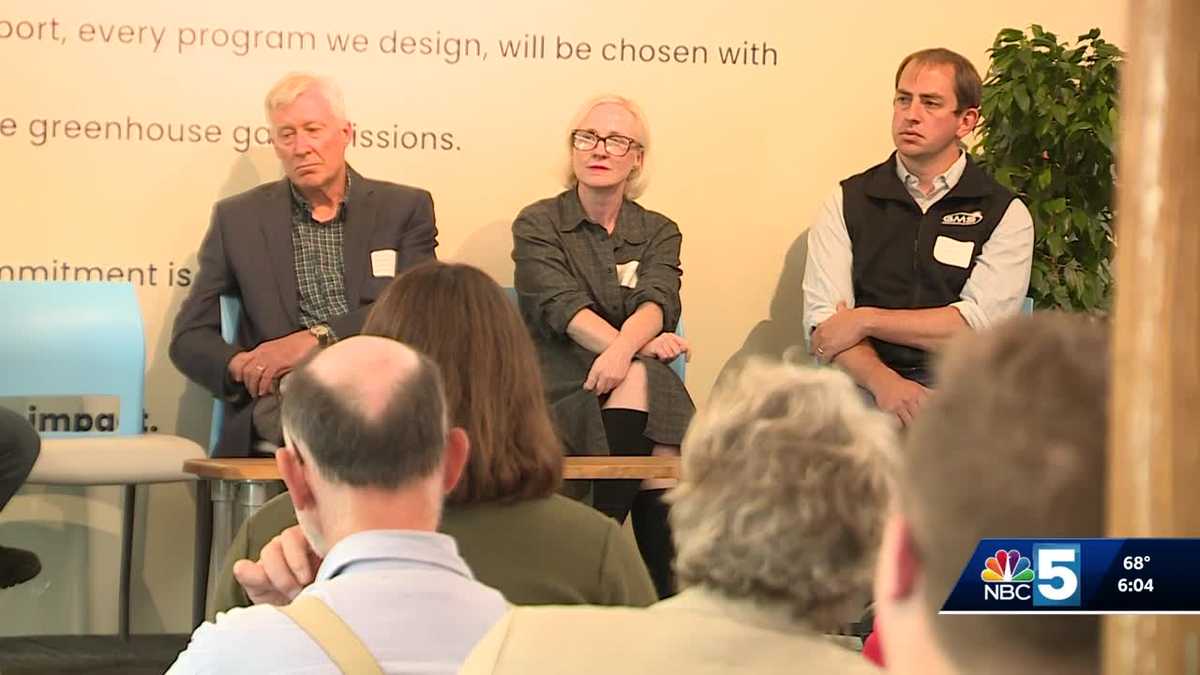In response to funding freezing by the Trump Administration, Efficiency Vermont and the Energy Action Network (EAN) are working to continue supporting clean energy initiatives.The EAN is made up of over 200 nonprofits, businesses, and other organizations that seek to reduce Vermont’s climate impact and make energy affordable for people across the state. These organizations support affordable housing weatherization, alternative heating and water sources, energy impact reduction, and boost job creation. However, many projects that the organization and its partners engage in have been halted due to federal funding freezes and cuts.These changes mean it has been more difficult to prepare houses for natural disasters, install solar panels, and get loans at affordable rates for new and low-income buyers. Many organizations are looking ahead to the next challenge they could face as the House Reconciliation Bill begins to make the rounds in the U.S. Senate. The bill seeks to increase tax rates on certain income levels and remove clean energy tax credits for American households.This could mean higher taxes for most people, while also making it more difficult for most people to switch to renewable, low-carbon, or no-carbon energy alternatives.Clean energy advocates emphasize that the bill could have a deep impact on families across America, but that it is possible to come together and prevent this from happening.
In response to funding freezing by the Trump Administration, Efficiency Vermont and the Energy Action Network (EAN) are working to continue supporting clean energy initiatives.
The EAN is made up of over 200 nonprofits, businesses, and other organizations that seek to reduce Vermont’s climate impact and make energy affordable for people across the state.
These organizations support affordable housing weatherization, alternative heating and water sources, energy impact reduction, and boost job creation.
However, many projects that the organization and its partners engage in have been halted due to federal funding freezes and cuts.
These changes mean it has been more difficult to prepare houses for natural disasters, install solar panels, and get loans at affordable rates for new and low-income buyers.
Many organizations are looking ahead to the next challenge they could face as the House Reconciliation Bill begins to make the rounds in the U.S. Senate.
The bill seeks to increase tax rates on certain income levels and remove clean energy tax credits for American households.
This could mean higher taxes for most people, while also making it more difficult for most people to switch to renewable, low-carbon, or no-carbon energy alternatives.
Clean energy advocates emphasize that the bill could have a deep impact on families across America, but that it is possible to come together and prevent this from happening.
